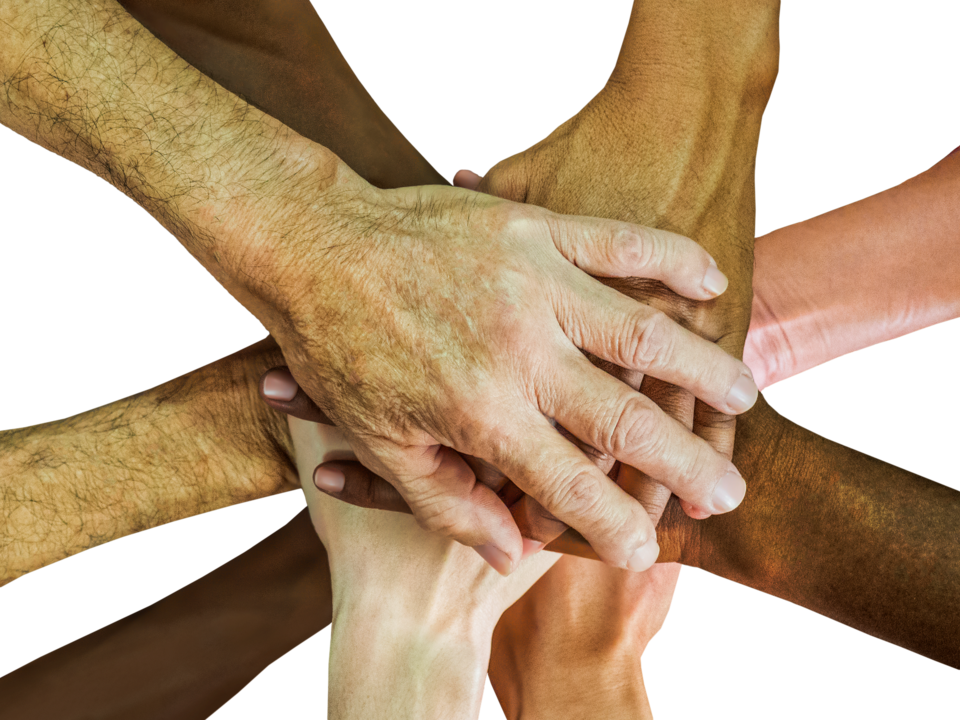Historically underserved communities in Brooklyn have long faced barriers to accessing essential health and social care services. In these neighborhoods, community-based organizations (CBOs) play a critical and unique role in closing the gap in health inequity.
CBOs are changemakers in communities. They serve as educators, conveners, and advocates. They have long-standing relationships and are deeply attuned to the needs of the communities they serve, often while operating on small, stretched budgets.
That’s why it’s crucial that we invest in smaller CBOs using a community-led, collaborative funding approach. One way to accomplish this is through trusted local intermediaries to redirect funds from larger philanthropic institutions. Community-led regranting is one of the most effective ways we can support small, local organizations while connecting the dots between philanthropy and communities.
Brooklyn Communities Collaborative (BCC) is taking the lead to develop this community-centered approach. Since launching the Strong Communities Fund in 2020, we have provided financial and technical assistance to 45 CBOs, supporting their work in health and social services, youth programs, digital resources, food security and more. To date, the Strong Communities Fund has re-granted nearly $4 million in Brooklyn.
BCC’s upcoming Maternal Health Program, an initiative funded by a $1.4M grant from the Robert Wood Johnson Foundation, aims to improve maternal health outcomes in Central and Eastern Brooklyn, particularly for Black mothers who face disproportionately high rates of severe maternal morbidity. The grant will provide assistance to Brooklyn-based CBOs that focus on improving infant and maternal health, strengthening their education, awareness and engagement efforts.
Effective regranting requires direct knowledge of both the organizations and the people they serve. A community-led approach throughout the grantmaking process is central to this approach, which is why we assembled a community-led Review Committee with members from a range of community perspectives across Brooklyn. This group is uniquely positioned to understand the needs of community members and the organizations most able to meet these needs.
We also recognize the challenges smaller CBOs face in navigating grant reporting. These requirements are often mired in bureaucratic complexity and can discourage small organizations from pursuing funds. We simplified the reporting process for our grantees, asking them to only submit reports outlining program activities, project goals, and progress achieved.
Most of all, we’ve remained flexible. During the COVID-19 pandemic, grant applications were reviewed on a rolling basis and evaluated based on the ability to provide not only short-term COVID-19 relief, but also to help create an equitable and lasting impact. Our pandemic-focused grants distributed nearly $1 million to 14 local organizations for COVID-19 testing, vaccine awareness and administration. Grantees reached out to over 86,000 Brooklynites in high-transmission, low vaccination areas to raise awareness, dispel vaccine myths and administer 2,254 vaccinations.
These initiatives can serve as a model for how to highlight smaller CBOs who are making an outsized impact with minimal funding and for how to effectively redirect funding to community-based efforts. CBOs play a key role in creating a more equitable and resilient Brooklyn. By supporting them with tangible assistance such as grants, partnerships and capacity building, we can help them better meet the needs of vulnerable communities and bridge the health equity gap.
Shari Suchoff is the executive director of Brooklyn Communities Collaborative, a nonprofit focused on strengthening health, wealth and leadership in Brooklyn communities.




